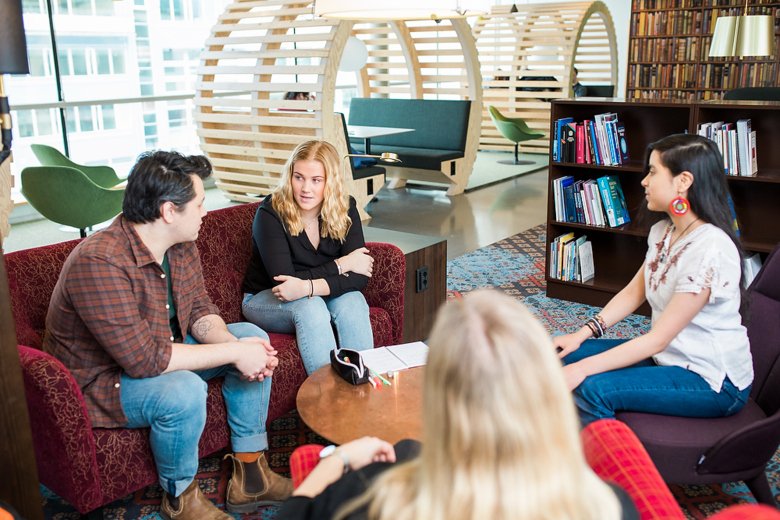For students attending the course Applications of Methods in Toxicological Research (16.5 credits) course code 4TX030
On this page you can find information about the course, including the syllabus, schedule and contact details.
Syllabus
Welcome to the course!
The course starts on Monday, January 20th and ends on Monday, April 21st, 2025.
Registration
To take part in the course it is required that you register for the course online in Ladok. Registration is possible from January 13th until January 22nd. Find out more about online registration here.
Content
This course is divided into the following four parts:
Practical laboratory methods in toxicology, 7.5 hp
This part contains the theory and practical application of current laboratory research methods in toxicology, including alternative methods such as in vitro and alternative animal models.
In addition, the theory and practical application of basic principles and methods of omics and bioinformatic analyses in toxicology research.
Laboratory technology and laboratory safety are included. The methods included may vary from course to course depending on current research topics. Examples of methods that may be included are: molecular biology methods for the analysis of DNA, RNA levels, protein levels, and enzyme activity. Methods for determination of DNA-damage and cellular toxicity.
This part also contains scientific writing.
Alternative methods for toxicity testing, 1.5 hp
This part contains analysis of need, development, validation and regulatory acceptance of alternative methods (according to 3R) for toxicological testing.
Biostatistics, 1.5 hp
This part contains the theory and practical application of basic statistical principles and methods that are applied in experimental toxicological research.
Integration of methods in toxicological research, 6.0 hp
The course is completed with an integrating part where the contents from Practical laboratory methods in toxicology and Alternative methods for toxicological testing are examined.
Teaching methods
The teaching includes laboratory sessions (including computer exercises), lectures/seminars, written reports and oral presentations.
Schedule
Schedule Spring 2025 (text version)
Schedule Spring 2025 (calendar version)
Please note that the schedule may be subject to change.
Examination and compulsory participation
Practical laboratory methods in toxicology (7.5 credits). The examination consists of individual written laboratory reports. Graded Fail/Pass/Pass with distinction.
Alternative methods for toxicological testing (1.5 credits). The examination consists of individual written reports and oral presentations. Graded Fail/Pass.
Integration of methods in toxicological research (6.0 credits). The examination consists of written examination. Graded Fail/Pass/Pass with distinction.
Biostatistics (1.5 credits). The examination consists of written examination. Graded Fail/Pass.
To get pass with distinction as the final grade of the course pass with distinction is required for both parts: Practical laboratory methods in toxicology and Integration of methods in toxicological research. To pass the whole course the grade pass must have been obtained for all parts of the course.
Compulsory participation
All practical modules including presentations and occasional lectures (indicated in the schedule) are compulsory.
The course director assesses if, and in that case how, absence can be compensated. Before the student has participated in all compulsory parts or compensated absence in accordance with the course director's instructions, the student's results for respective part will not be registered . Absence from a compulsory activity may result in that the student cannot compensate the absence until the next time the course is given.
Course evaluation
Course evaluation will be carried out in accordance with the guidelines established by the Board of Education. Course council meeting is held with the course coordinator and student representatives.
Contact
Kristian Dreij
Course leader and examinerHanna Karlsson
Course leaderÅsa Lycke
Programme administrator and Study Counselor
Student at KI
Here you can find all the information you need for your studies.
 Photo: N/A
Photo: N/AProgramme web Master's Programme in Toxicology
On the Programme web you can find everything you need to know as a student attending the Master's Programme in Toxicology
